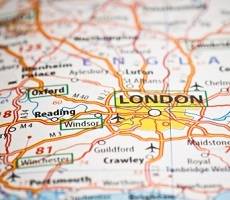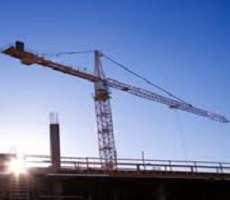To provide the best experiences, we use technologies like cookies to store and/or access device information. Consenting to these technologies will allow us to process data such as browsing behaviour or unique IDs on this site. Not consenting or withdrawing consent, may adversely affect certain features and functions.
The technical storage or access is strictly necessary for the legitimate purpose of enabling the use of a specific service explicitly requested by the subscriber or user, or for the sole purpose of carrying out the transmission of a communication over an electronic communications network.
The technical storage or access is necessary for the legitimate purpose of storing preferences that are not requested by the subscriber or user.
The technical storage or access that is used exclusively for statistical purposes.
The technical storage or access that is used exclusively for anonymous statistical purposes. Without a subpoena, voluntary compliance on the part of your Internet Service Provider, or additional records from a third party, information stored or retrieved for this purpose alone cannot usually be used to identify you.
The technical storage or access is required to create user profiles to send advertising, or to track the user on a website or across several websites for similar marketing purposes.
 Half of UK C-suites (50 percent) say that the threat of recession has meant innovation has ceased in their business, according to brand new research from consultancy Magnetic. Just 22 percent disagree, with 28 percent undecided. This corroborates the 56 percent who say they’re prioritising the survival of their business above all else; an especially concerning figure when two-thirds of the sample are large businesses with more than 250 employees. (more…)
Half of UK C-suites (50 percent) say that the threat of recession has meant innovation has ceased in their business, according to brand new research from consultancy Magnetic. Just 22 percent disagree, with 28 percent undecided. This corroborates the 56 percent who say they’re prioritising the survival of their business above all else; an especially concerning figure when two-thirds of the sample are large businesses with more than 250 employees. (more…)





 New analysis of official data released to the
New analysis of official data released to the 





















July 19, 2016
UK should avoid severe recession and property crash after Brexit vote 0
by Mark Eltringham • Comment, Knowledge, News, Property
(more…)